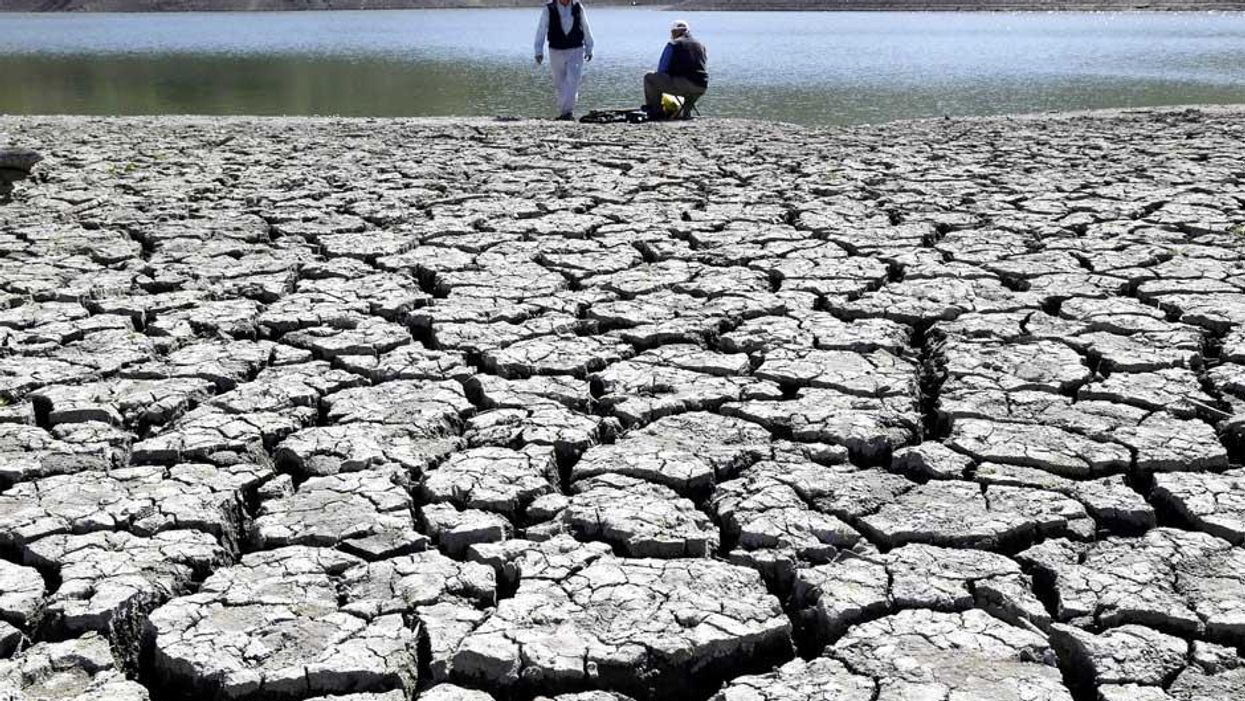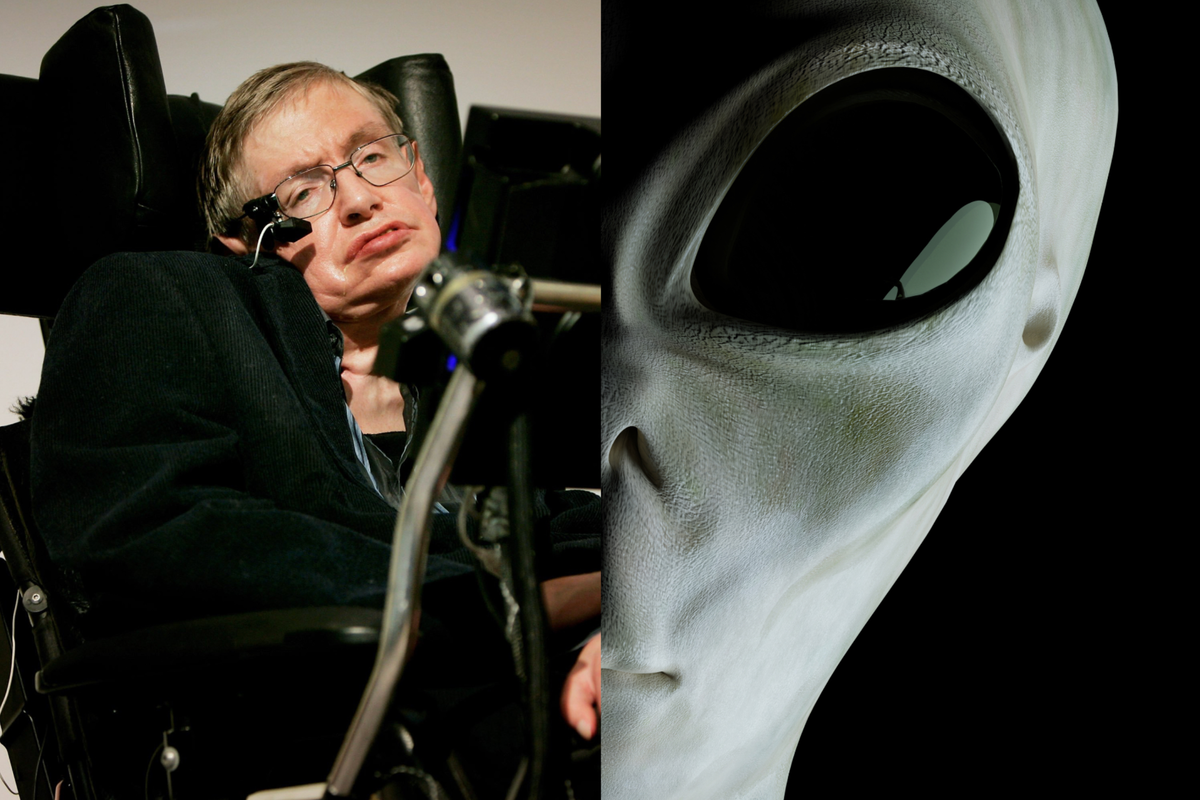News
Steve Connor
Nov 02, 2014

Time is running out if the world wants to avoid potentially catastrophic climate change according to the most definitive report to date by the UN body charged with formulating expert advice for governments around the globe.
In what amounts to a “final warning” about the dangers of not doing enough to curb emissions of greenhouse gases, the Intergovernmental Panel and Climate Change (IPCC) said that it is technically and economically possible to still keep within the target of no more than a 2C increase in global average temperatures.
It found
Warming of the climate is unequivocal with many of the observed changes unprecedented over decades to millennia.
The atmosphere and oceans have warmed, snow and ice has diminished and sea levels have risen.
Human emissions of greenhouse gasses are the highest in history and concentrations of carbon dioxide in the atmosphere are the highest in at least 800,000 years.
The acidity of the oceans has increased by 26 per cent since the beginning of the industrial era due to increases of carbon dioxide.
Arctic sea ice has decreased over the period 1979 to 2013 at a rate of between 3.5 and 4.1 per cent per decade, while it has increased in the Antarctic due to strong geophysical differences between the two polar regions.
It is “extremely likely” that human emissions of greenhouse gases from fossil fuels and other sources are the dominant causes of the observed warming since the mid-20th Century.
However, the panel warns in its Synthesis Report published today that fossil fuels will have to be significantly scaled back in the coming decades, and eliminated entirely by 2100, in order to keep within what is widely considered to be the “safe” limit for global warming.
“We have little time before the window of opportunity to stay within the 2C of warming closes,” said Rajendra Pachauri, the chairman of the IPCC who launched the report in Copenhagen following meetings of the report’s authors in the Danish capital.
“To keep a good chance of staying below the 2C, and at manageable costs, our emissions should drop by 40 to 70 per cent globally between 2010 and 2050, and falling to zero or below by 2100,” Dr Pachauri said.
Lord Stern of Brentford, who chaired the Government’s review of the economics of climate change, said: “This report shows that there is no real intellectual basis for denying the risks of climate change, and governments should be focused on how best to make the transition to low-carbon economic development and growth.”
Top 100
The Conversation (0)












